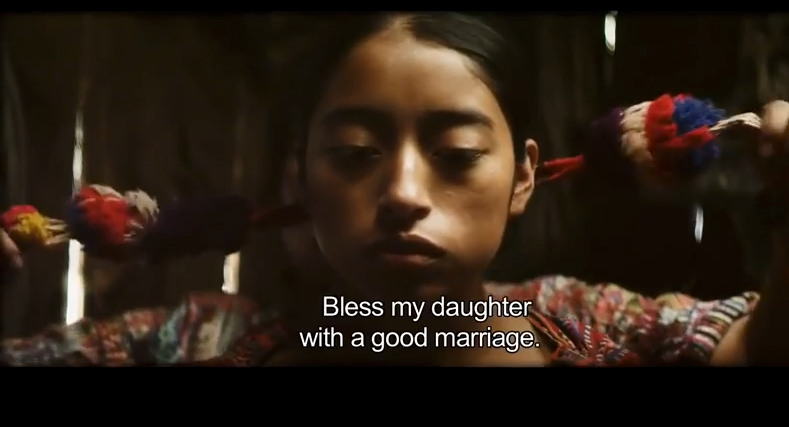The Cine las Americas film festival kicks off this week. If you’ve never heard of it – you’re not alone.
Though it’s been around for 19 years now – it’s certainly not as well known to audiences as other Austin-based film fests.
But within the film industry – directors from all over the world are well aware that Cine las Americas can open doors to places like Cannes and the Oscars.
Time and time again a film that will debut at Cine las Americas will later be admitted at bigger festivals. The festival becomes a sort of that opens bigger doors.
“The Boy & The World” from Brazil is an example.
Jane Lauer leads Cine – that’s what those familiar with the festival call it. She says at the time “The Boy & The World” crossed her desk, no one had heard of it. It was just coming out of Brazil.
The animated feature tells the story of a boy whose parents split up, his father leaving for the city. As his world crumbles, the world embarks on political wars that also affect him – but a song helps the boy heal and brings peace back into his world.
“This past fall it had a theatrical release and was nominated to the Academy Awards,” Lauer says.
This year Cine is showcasing 115 films from all over the Americas. Most are in Spanish and Portuguese, with English subtitles. Films from Spain and Portugal are featured as well.
But the festival also features a wide variety of indigenous films from the Americas. The experience is not only visually rich, but also a tickle to the ear, because there are languages you’ve never heard before.
The Guatemalan film “Ixcanul” – “Volcano” in Kaqchikel, an indigenous Mayan language – is about a 17-year-old Mayan girl living and working on a coffee plantation at the base of an active volcano. She dreams of running away to the U.S., instead of succumbing to an arranged marriage with the plantation overseer.
Lauer says that’s one of the reasons she loves Cine – its diversity.
“We see stories that resonate with us – whatever our background is – but we also see stories from other people that share our world,” she says.
For a long time, Immigration was the most common theme in the films applying to be featured at Cine. It continues to be one of the common stories of the Americas, but this year there are many other common themes. For instance, the stories of women as central characters and directors.
The Spanish comedy “Embarazados” pokes fun at the challenges some women face when trying to conceive in the latter stages of their reproductive lives.
In the film “Las Plantas” – or “Plants” in Spanish – Jean Lauer says a female teenager is the lead character.
“I haven’t really raised this as one of the themes – but it is a theme this year – Youth Culture,” Lauer says. “In this film – it’s difficult – it’s a coming of age story. A young woman who is taking care of her brother and kind of discovering herself and her sexuality at the same time.”
Some story themes are as familiar as ones that are made in Texas – the festival calls the category “Hecho en Tejas.”
Others stories are surprising and therefore foreign – like nothing we’ve seen before. The world is changing, and it’s changing rapidly. That’s another recurring theme that will leave viewers with a sense of wonder of what’s to come. Stay tuned.
Cine las Americas opens May 4 in Austin.
















